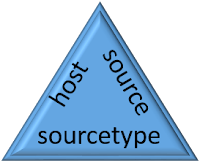Tokenizing Sensitive Information - PII Protection

The only way to protect sensitive information is to remove the sensitive values everywhere they are not absolutely needed. Data designers can remove the fields completely or change the field values so that they are useless in the case of data theft. Data tokenization and Data encryption are two possible solutions to this issue. Both approaches must be implemented in a way that they return the same non-PII value for a given PII value every time they are invoked. We're going to talk about tokenization here. Tokenized field values must be changed in a repeatable way so that the attributes still be useful for joining data in queries or reports. This means every data set with the same value for the same PII field will have the same replaced value. This lets us retain the ability to join across datasets or tables using sensitive data fields. Every PII field has a typecode or a key. That type is used whenever...

